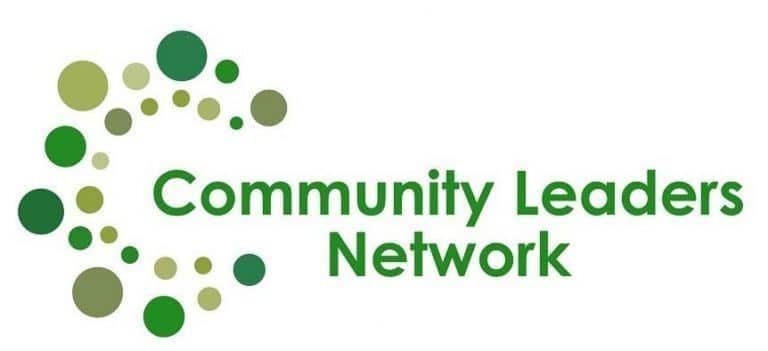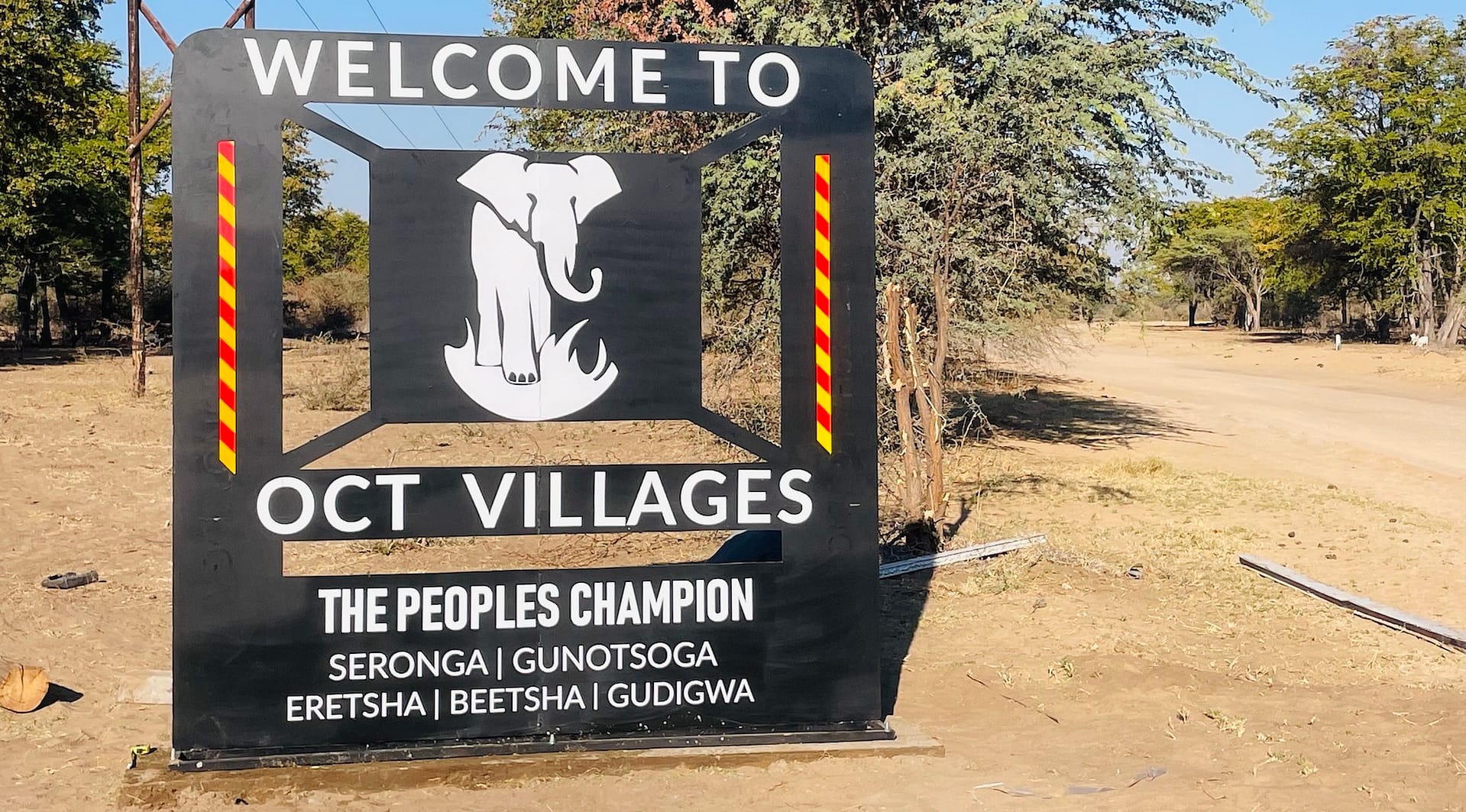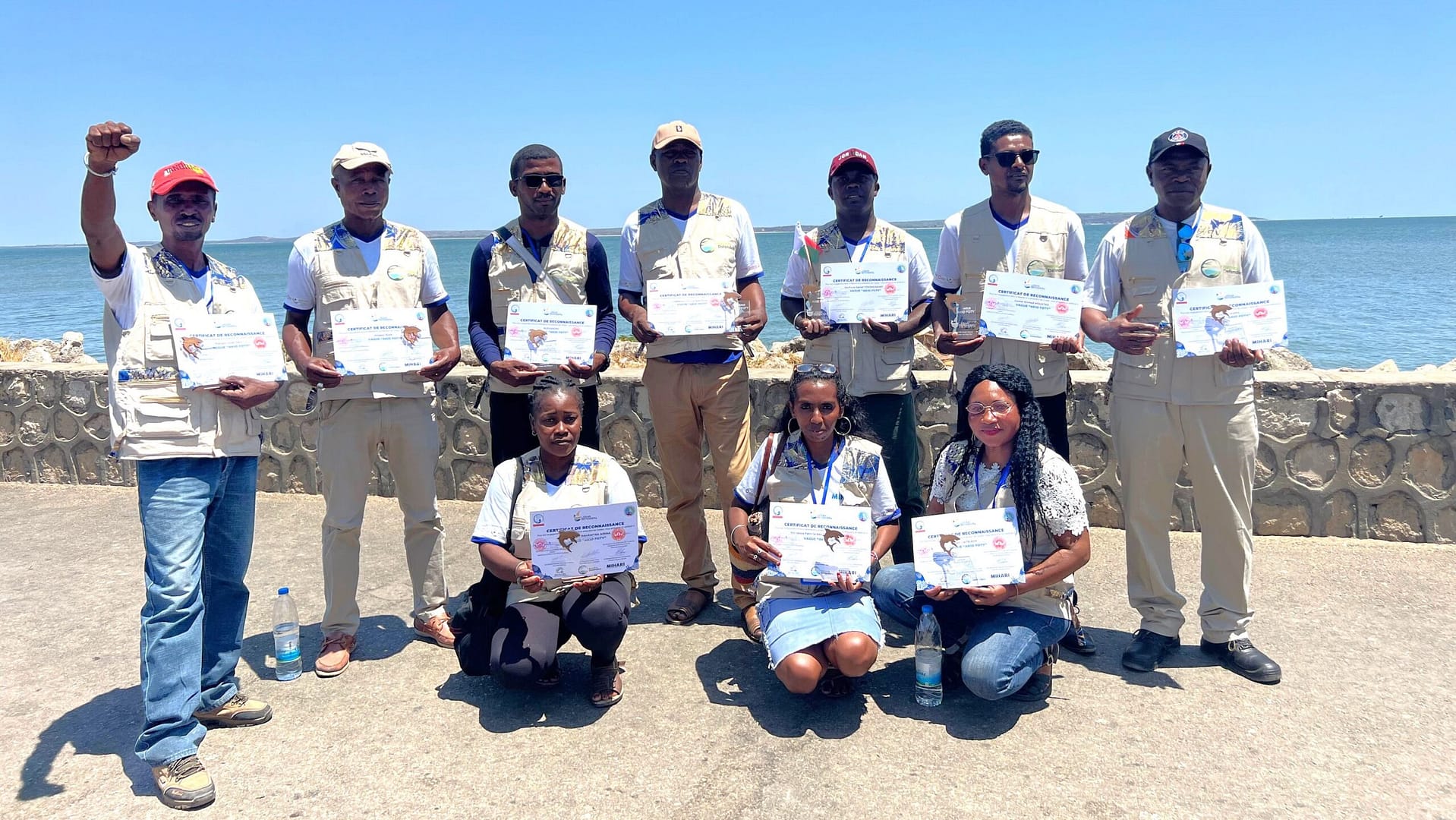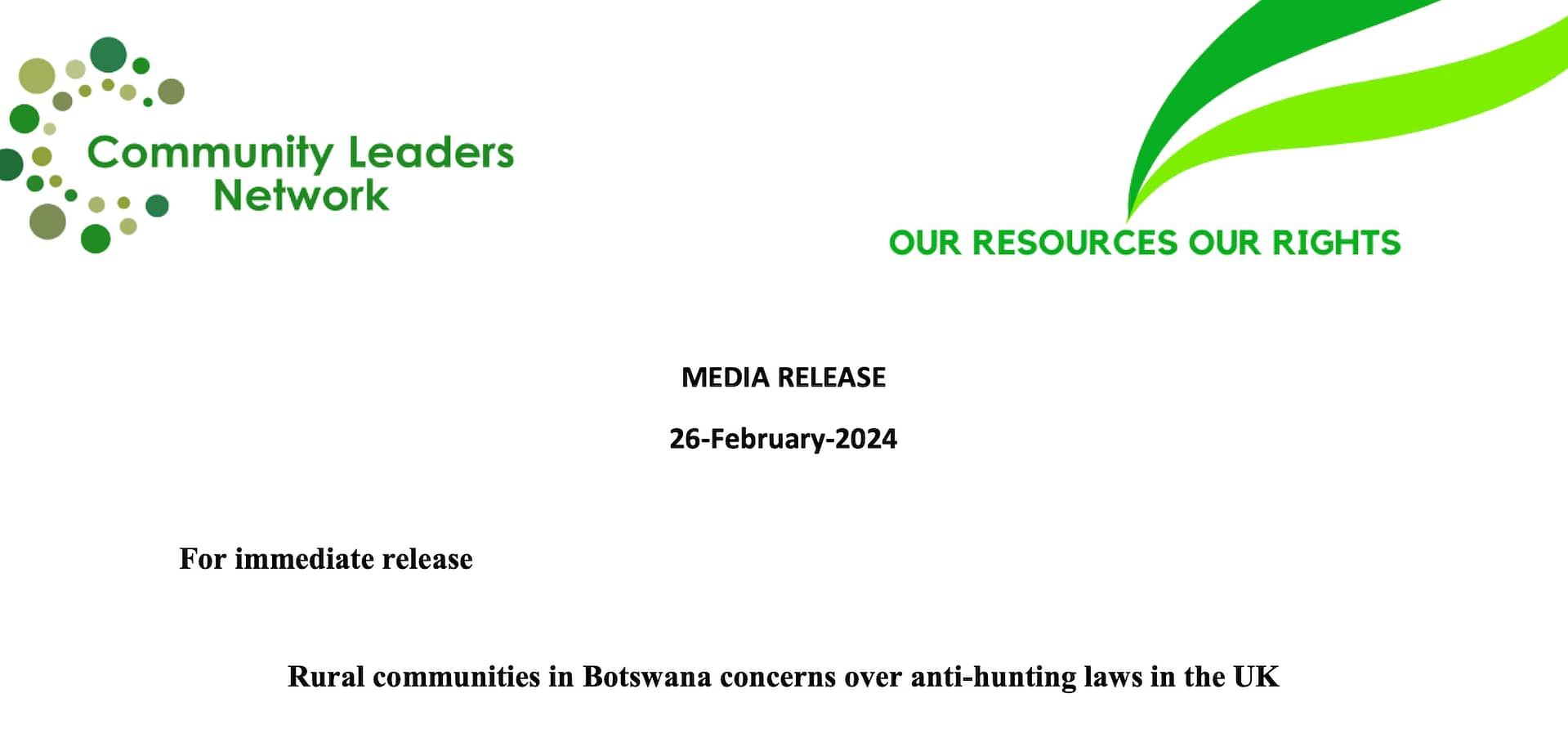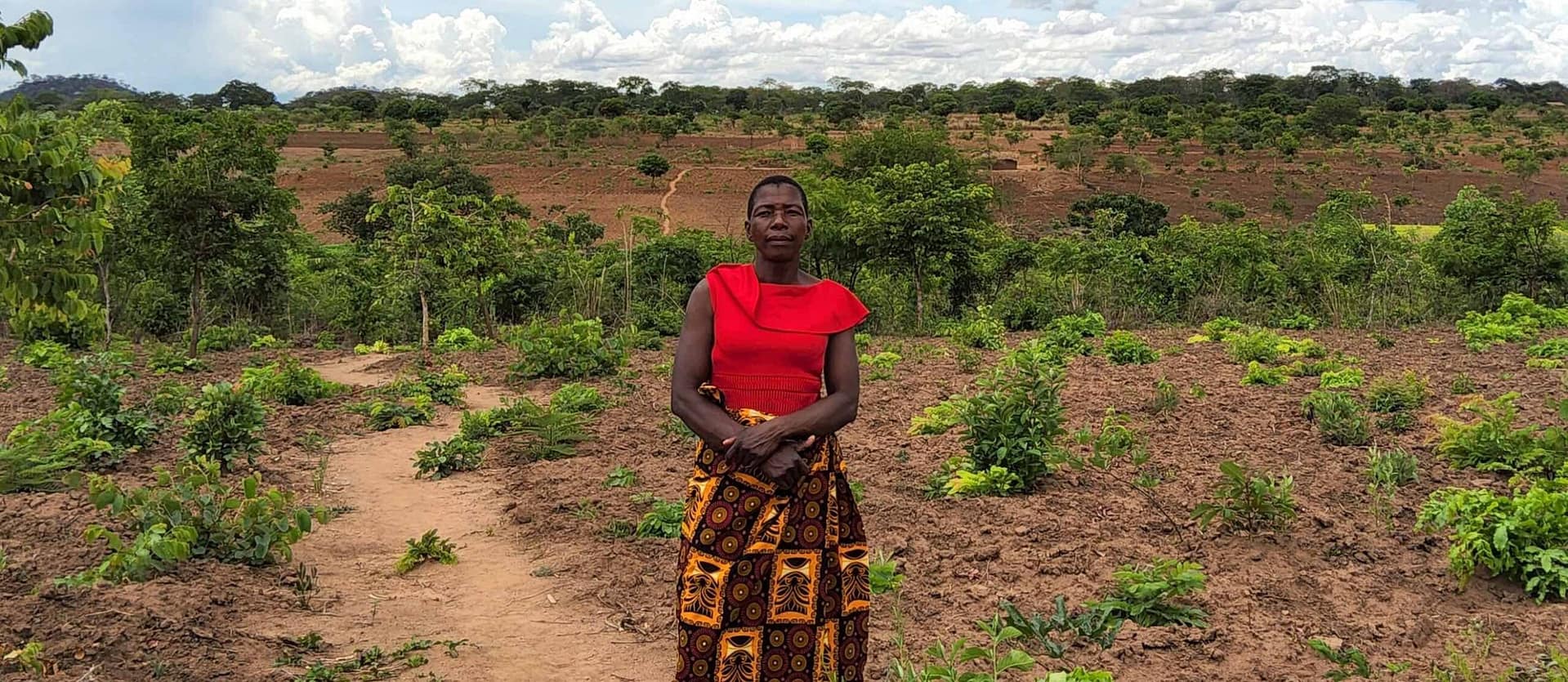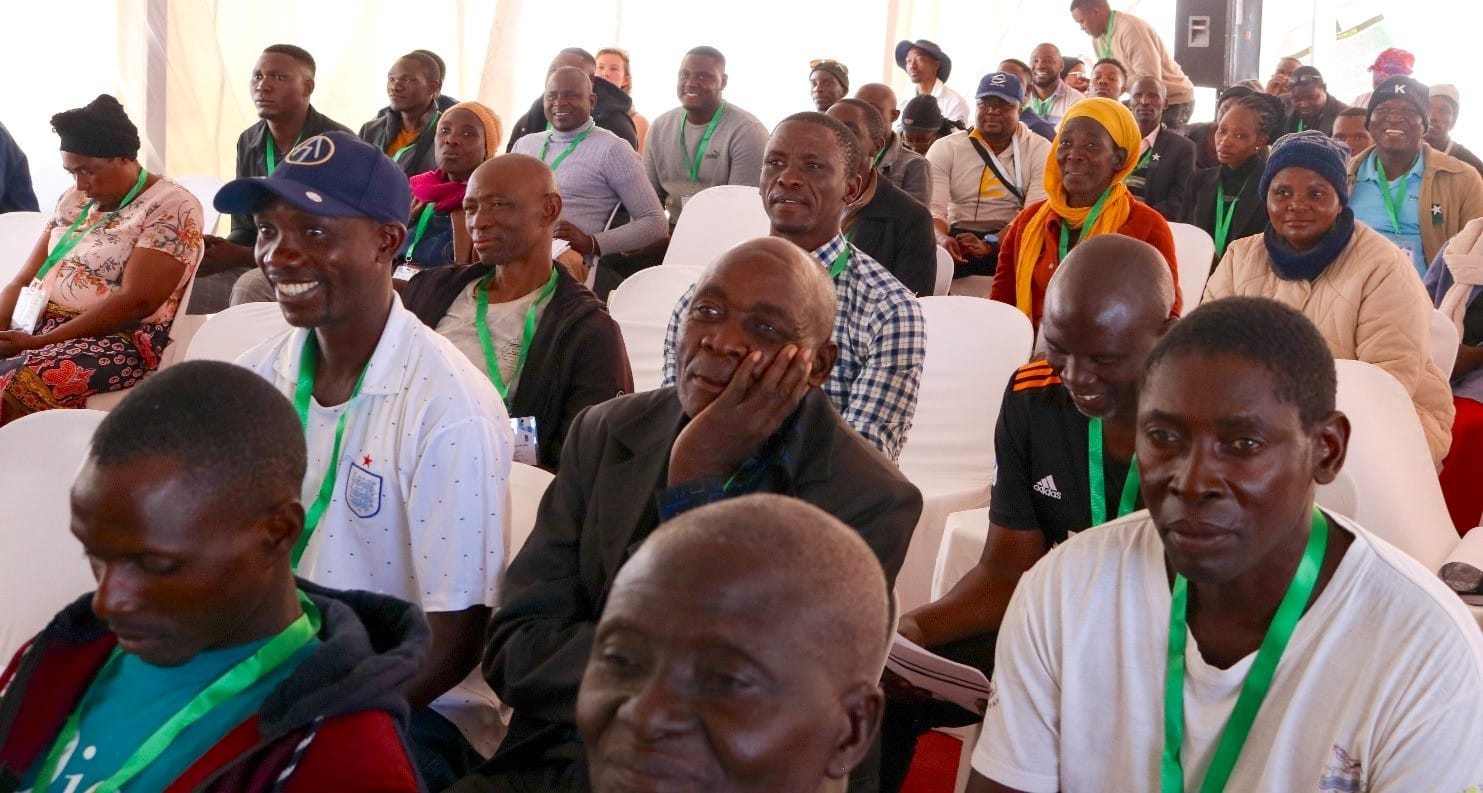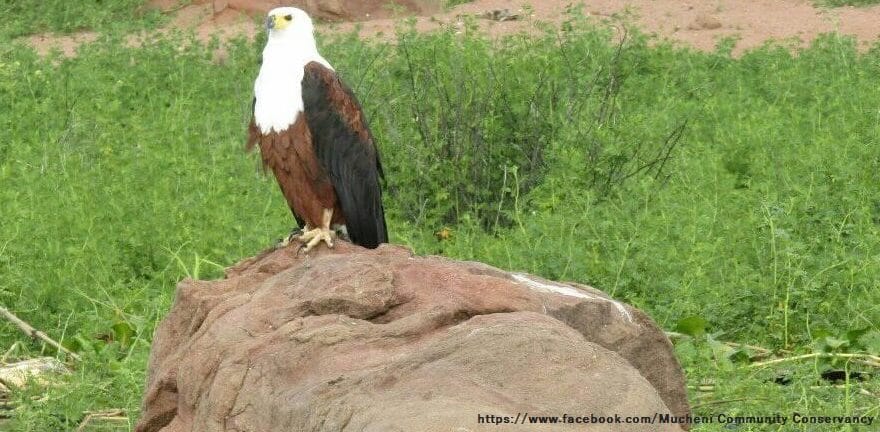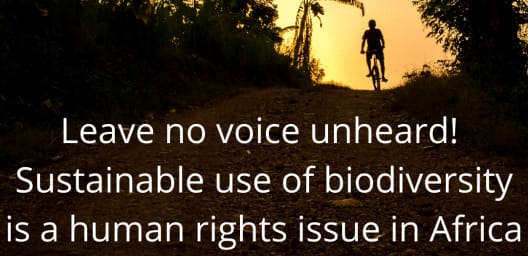Viewed from space, the world-famous Okavango Delta looks like a large pan attached to a handle – the Okavango River. The ‘pan-handle’ area includes villages along the western and eastern banks of the river – those on the west are located near a tar road that connects Namibia with northern Botswana. Those on the east have a dirt road that connects with the west over one river crossing, which until very recently (a bridge built in 2022) involved crossing the Okavango River using a pontoon.
Nature conservation is driven by passionate individuals who see the dangers of unsustainable and destructive human activities more clearly than others. When these people are recognised and empowered, their efforts can change local practices and perceptions that create a sustainable future for all.
Natiora Defenders, a non-governmental organisation (NGO) founded in early 2024, champions and showcases the work of conservation leaders and heroes in Madagascar. In May 2024, the first cohort of Ocean Defenders was announced. This cohort, comprising seven men and three women, was named Akio Foty – Great White Shark – for their relentless, fearless defence of the ocean.
On 22 February 2024, 17 Community Trusts in Botswana along with the Ngamiland Council of NGOs (NCONGO) expressed their deep concern with a campaign advocating for a ban on hunting trophy imports into the United Kingdom (UK) that will negatively affect their livelihoods and wildlife conservation efforts. These Trusts are democratically elected entities speaking on behalf of their respective communities that live alongside elephants and other wildlife species in Botswana.
Communities living around Kasungu National Park in Malawi traditionally grow maize to feed their families and a few other cash crops to generate income. High poverty levels and declining soil fertility have driven some community members into the neighbouring park to clear more land, hunt wildlife or harvest wood illegally to make ends meet. Kasungu Wildlife Conservation and Community Development Association (KAWICCODA) have started a transformative project with support from the Biodiversity and Protected Areas Management (BIOPAMA) Programme to help change this situation using soybeans.
Community conservation efforts in Southern Africa started in the 1980s and have since taken slightly different paths towards including rural communities in the wildlife economy and nature conservation. Over the years there have been some exchange visits and other events to increase communication among the community conservation stakeholders in these countries, but such opportunities remain rare.
Zimbabwe’s Herald newspaper reports on the Mucheni Community Conservancy, a Kavango Zambezi (KAZA) Sustainable Wildlife Management programme that is building on CAMPFIRE –
Listen to this clip of the Community Leaders Network (CLN) statement delivered by CLN Coordinator, Ms. Maxi Pia Louis,
by Dr Shylock Muyengwa
Do community-based natural resource management (CBNRM) programmes help rural communities in southern Africa?
In June, 2019 at Africa’s Wildlife Economy Summit hosted by the African Union and United Nations Environment Programme in Victoria Falls, Zimbabwe, community representatives called on African

